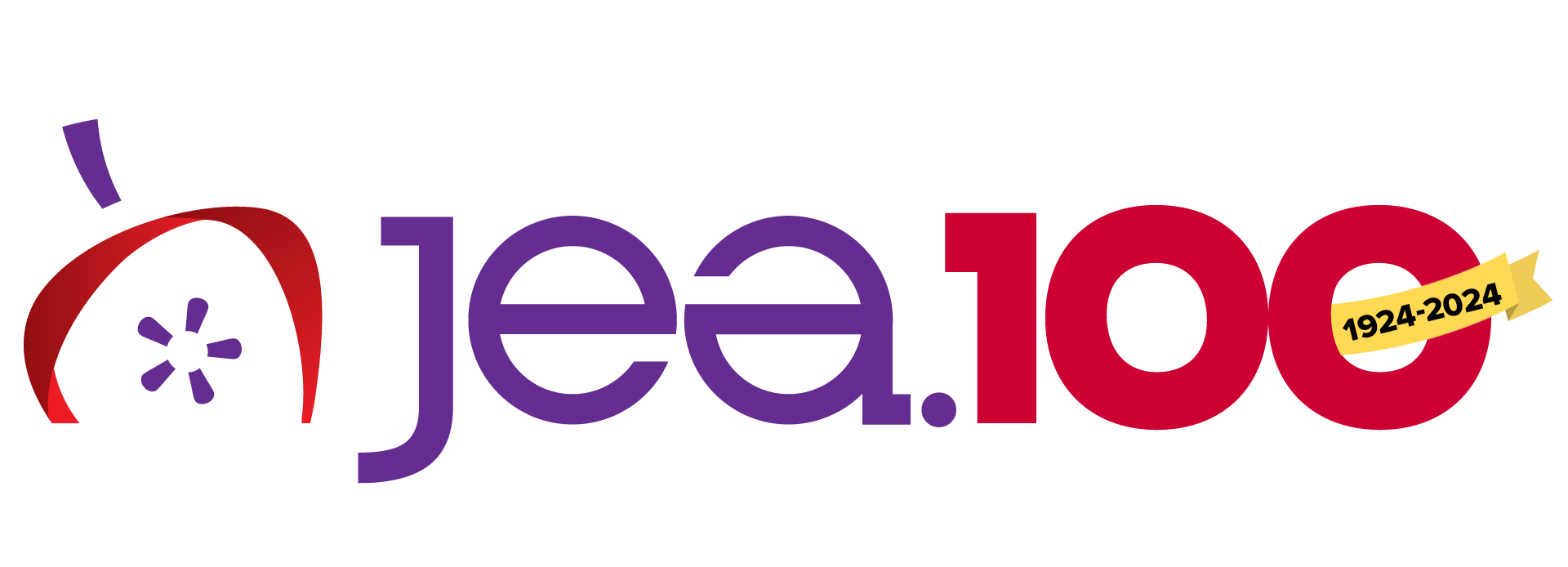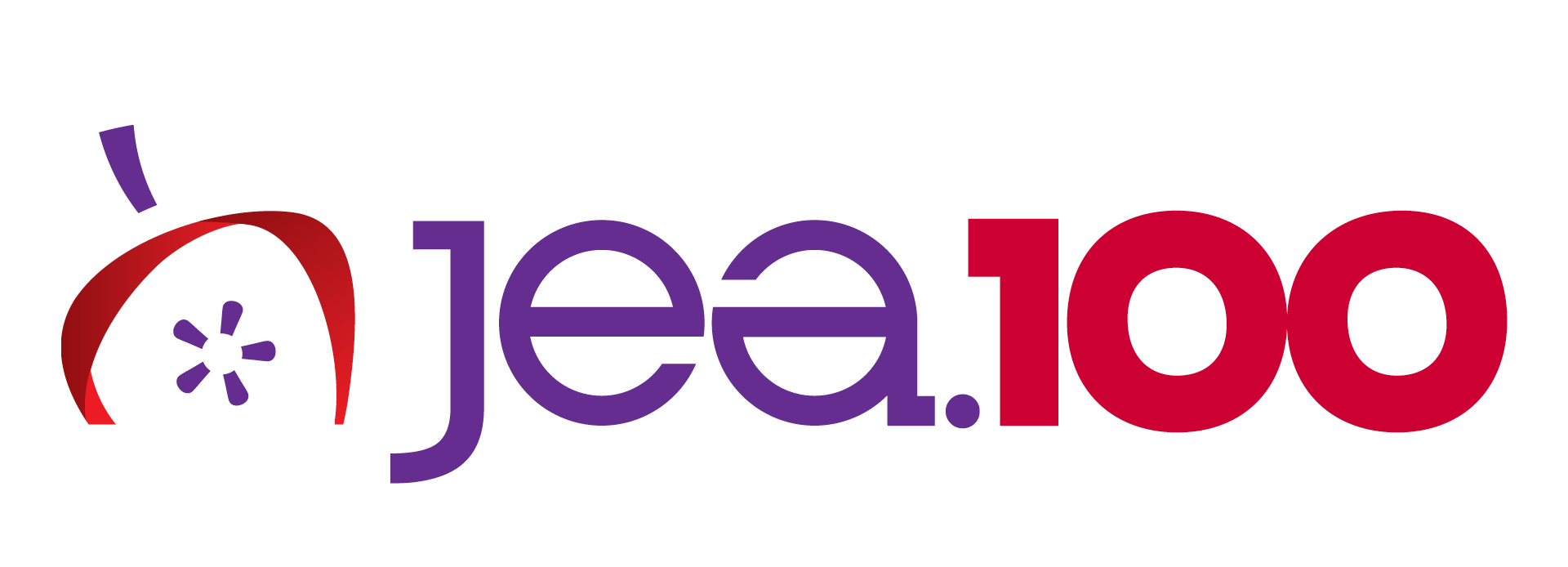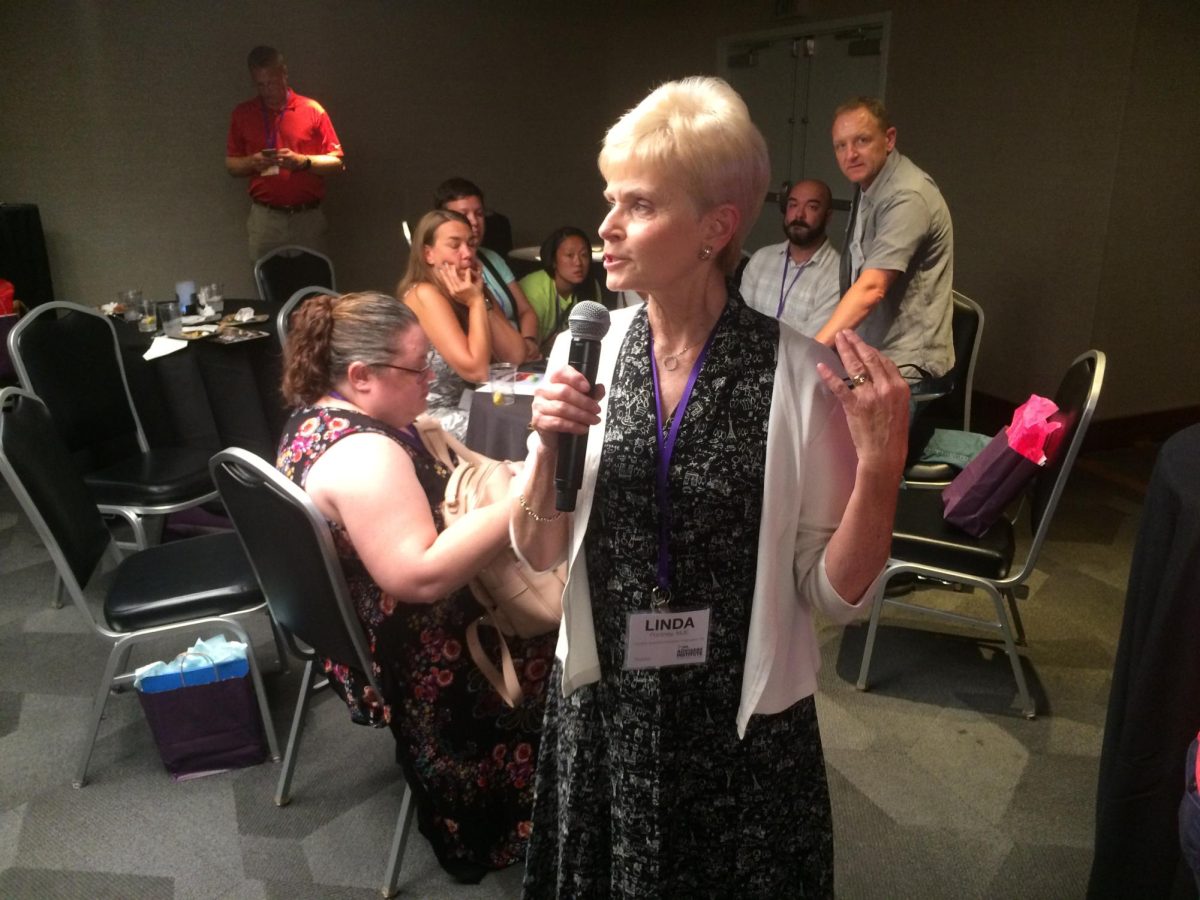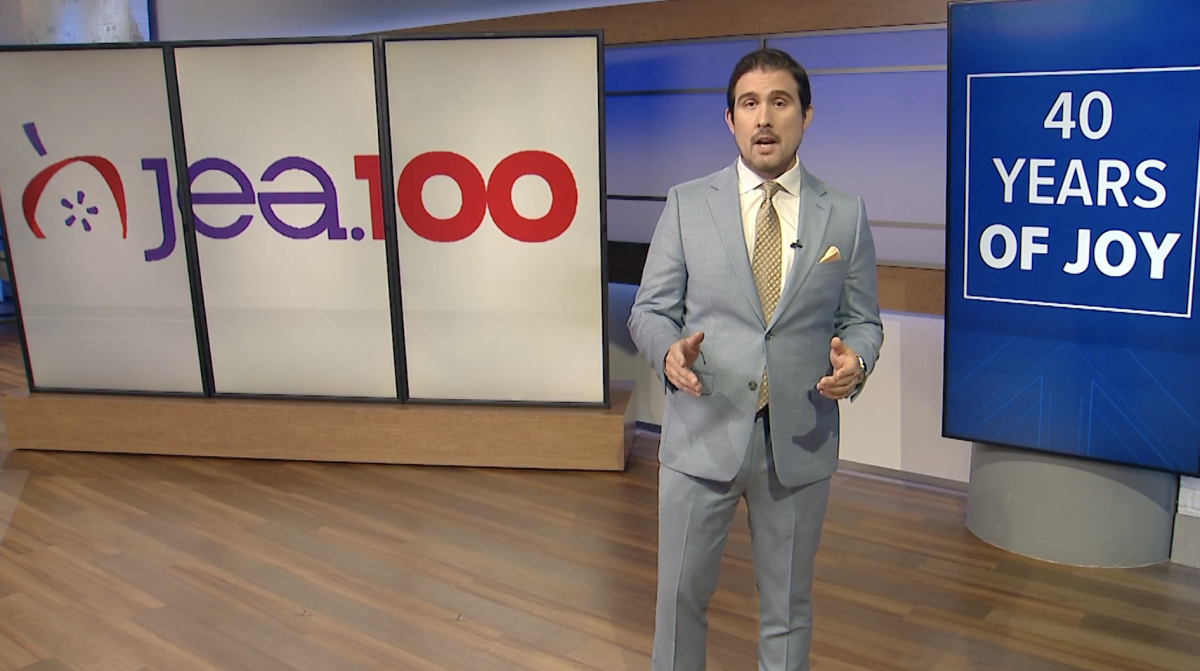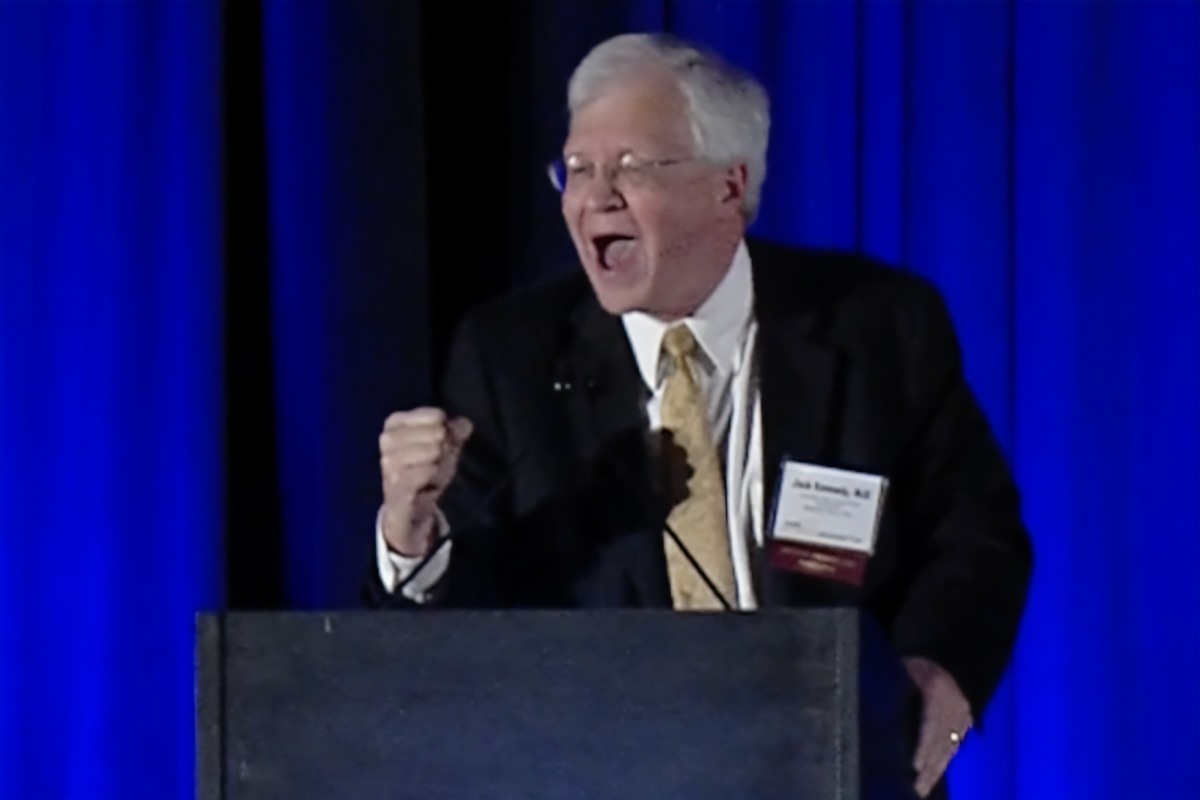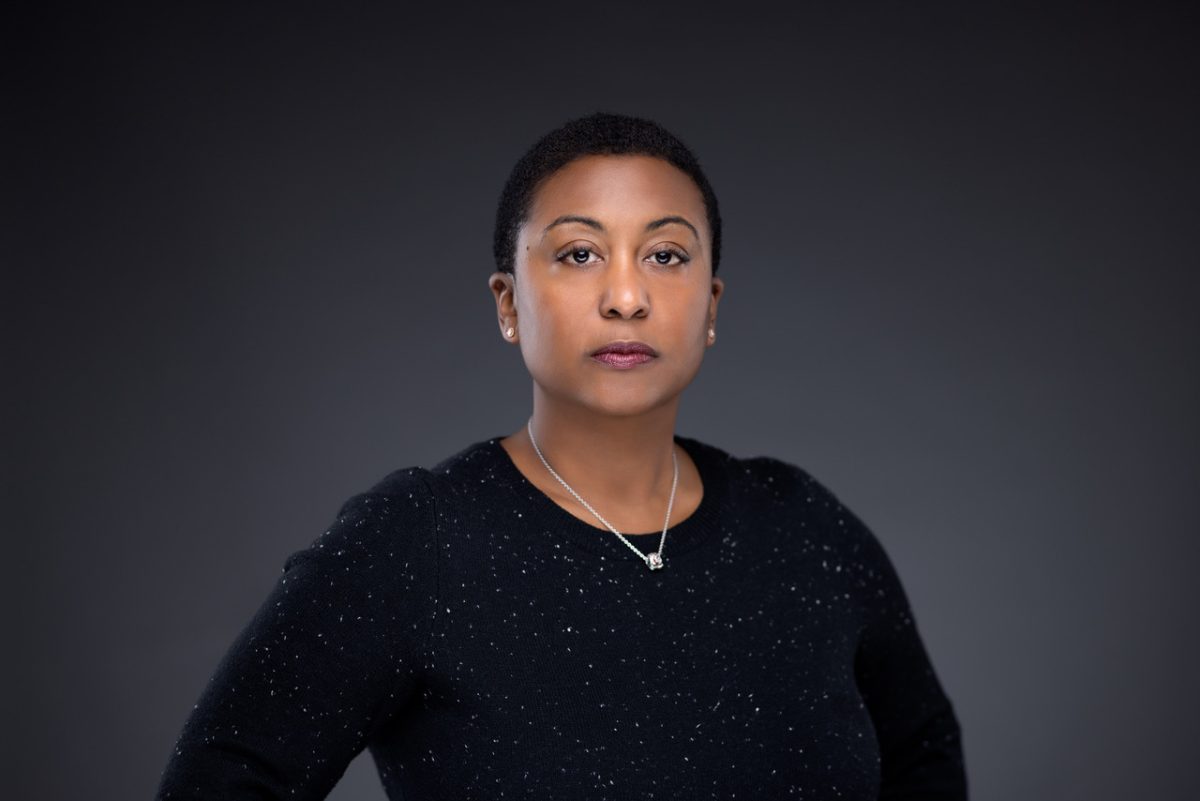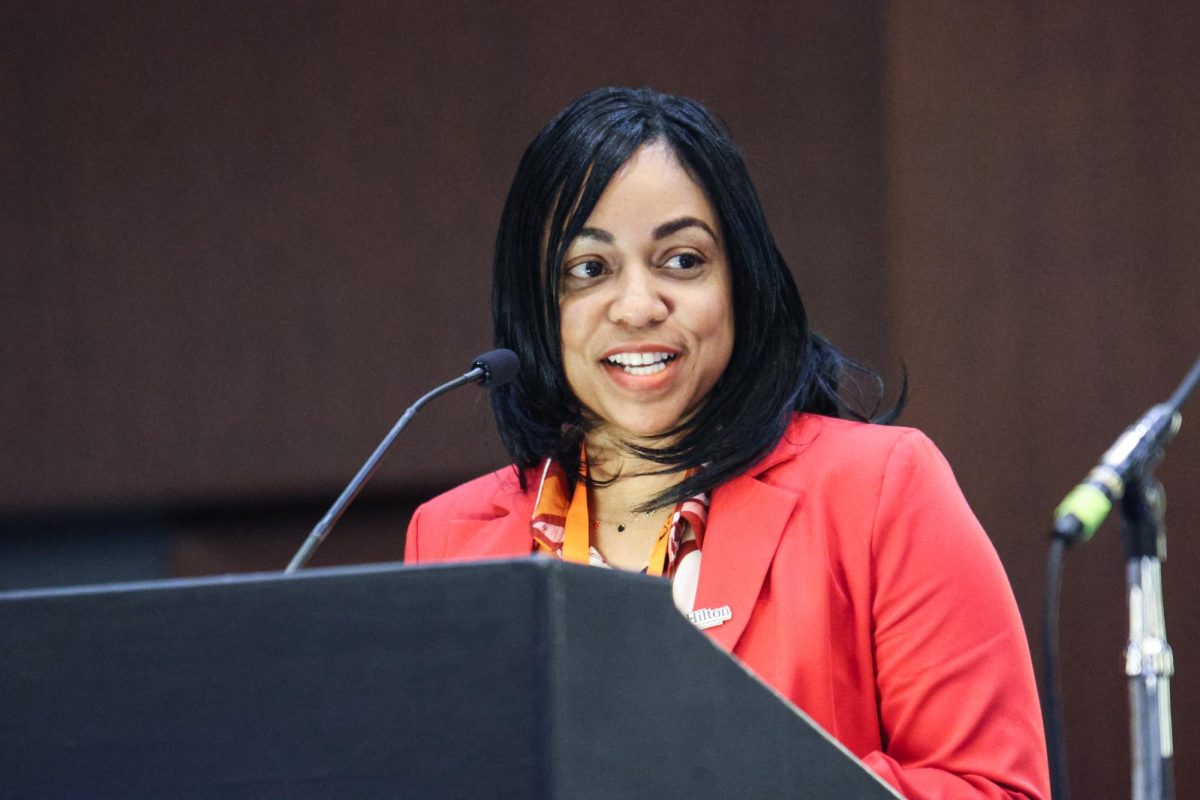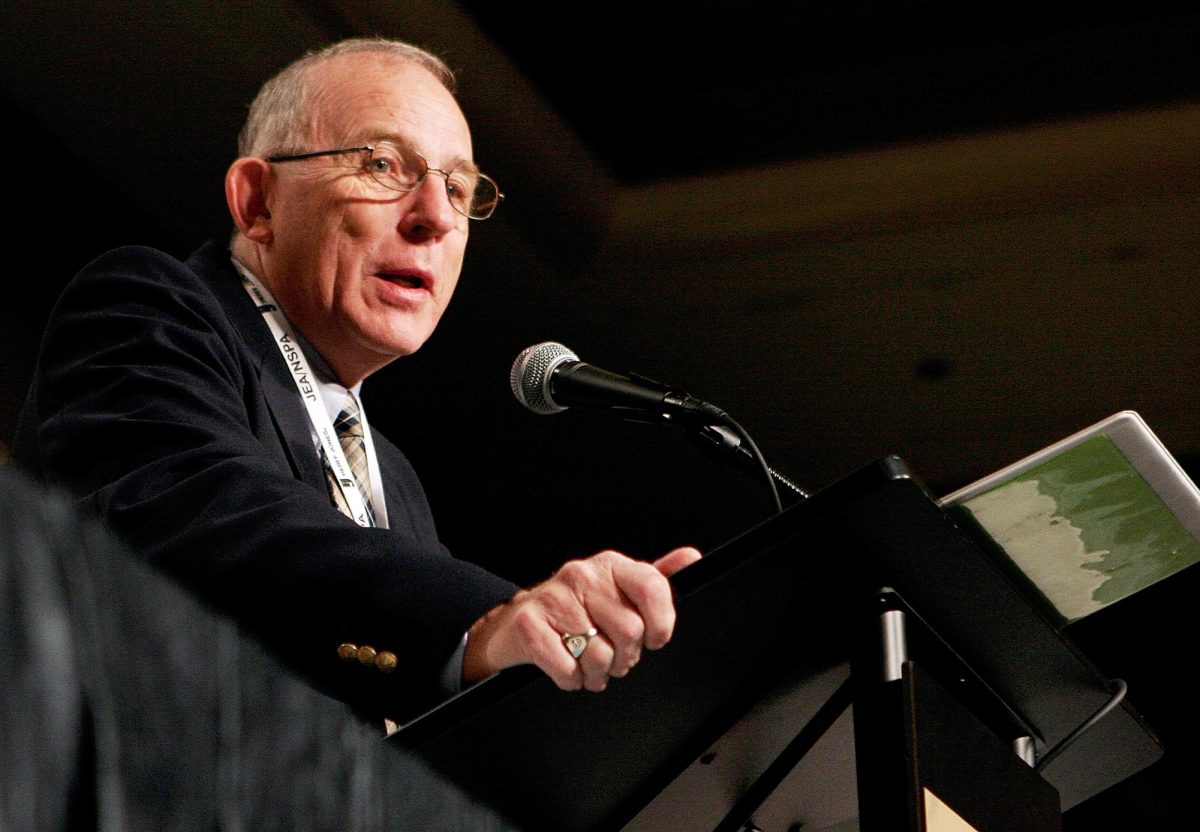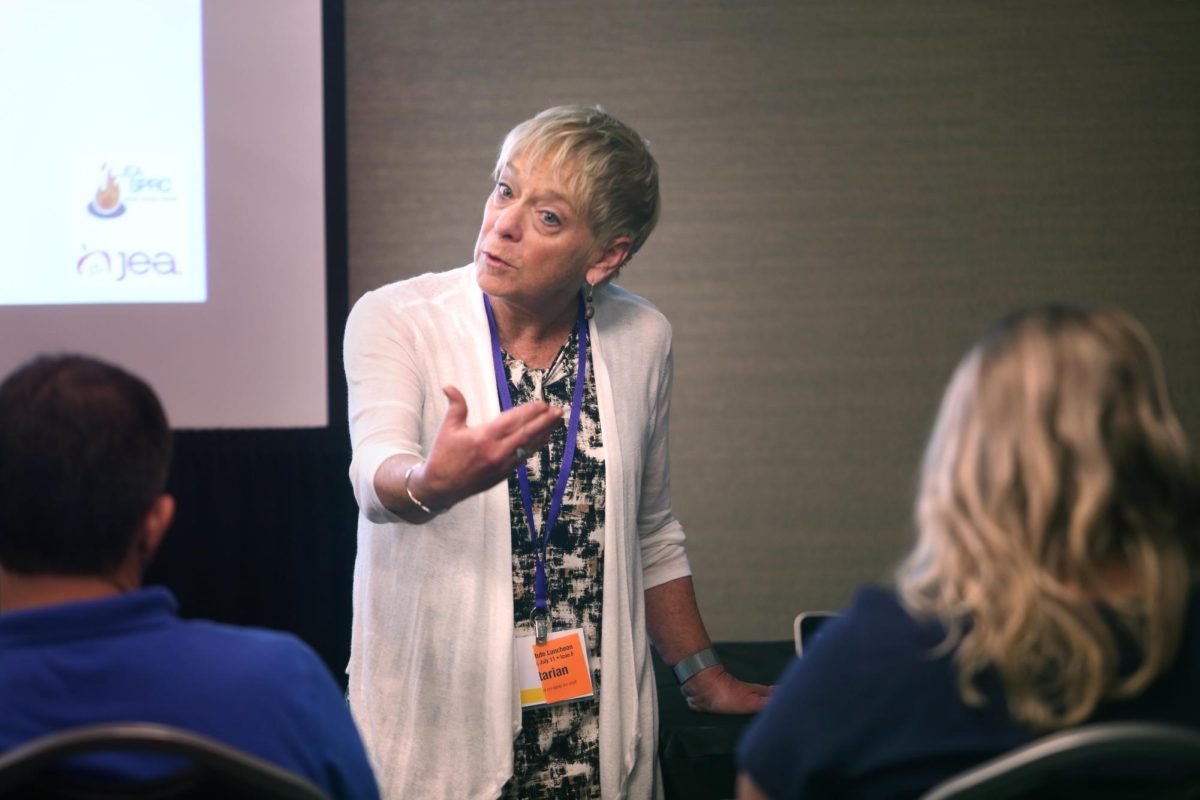Scholastic journalism is Linda S. Puntney’s happy place. A student journalist at Odessa (Missouri) High School and the University of Missouri, Columbia, Puntney went on to teach and advise publications at the junior high, high school, community college, small university and Big 12 university levels. As an assistant professor in the A.Q. Miller School of Journalism and Mass Communications, assistant director of Student Publications, Inc., and adviser to the Royal Purple yearbook her plate was full and her heart was happy.
“I was back in the classroom, advising a yearbook and in a position where I might be able to help scholastic journalism teachers,” Puntney said. “It was a perfect position for me.”
Her 21-year tenure was marked with a focus on certification.
“When I came on board in 1989, Mike Brown, Jack Dvorak, Julie Dodd, Dorothy McPhillips and JEA board members were already well into developing the certification program. Certainly, I could see that the program could help legitimize scholastic journalism teachers and programs, but the thing that most struck me was the genuine passion and commitment the group had to help high school journalism teachers,” Puntney said. “One of my proudest moments was standing with that group at the advisers’ luncheon as part of the inaugural CJE recipients. I was keenly aware I was flanked by JEA legends who were true believers. At that moment, I silently vowed to do what I could to support teachers and make achieving certification a reality for anyone who wanted to go beyond their basic job requirements.”
Supporting the certification program became a priority.
“After brainstorming a bit with former JEA board member and then NSPA executive director Tom Rolnicki, the Advisers Institute was born. Its intent was to provide teachers with training that would help them improve their teaching and, ultimately, pass the certification test,” Puntney said.
At first the Advisers Institute was only one week, but Puntney said that didn’t allow enough time to cover everything including student press law issues and the changing face of student publications.
“That’s when Sequence 1 was developed for those looking for an overview of scholastic journalism and best teaching practices,” Puntney said. “Sequence 2 was specifically designed to cover student press rights and we offered it in Washington, D.C. in conjunction with the Student Press Law Center and the Freedom Forum. There was great instruction in the perfect setting with visits to the Supreme Court. Sequence 3 addressed the changing world of advising and student media. Technology was the primary topic addressed with training in computer design programs and broadcast experiences.”
Advisers could sign up for all three sequences or could choose ala carte from the three sequences.
Today, the Advisers Institute continues in an exciting one-sequence format that still covers advising, law and ethics and what’s trending.
The next step in supporting the certification program was establishing the Mentoring Program.
“It’s one of the best things JEA has ever done, and I’m proud to have played a small part in getting it started,” Puntney said. “Working with Nick Ferentinos to secure funding and with Linda Barrington, Steve O’Donoghue, Julie Dodd and others as the program developed was again a reminder of how committed JEA was to ‘serving the needs of scholastic media’ through teacher support.”
Although the mentoring process has changed over the years, the focus is still on creating a community for teachers and advisers who feel alone in their school buildings.
“Having a person(s) to connect with and share concerns and accomplishments with most certainly improves teaching and the success of journalism programs. As a result, teachers are more likely to stay in the profession and that makes all of us stronger,” Puntney said.
Becoming stronger may mean accepting more responsibility to expand the organization’s reach.
“As the largest scholastic journalism organization in the world, we need to enhance our commitment to serving all teachers and programs no matter the size, location (urban, suburban or rural) or economic status,” Puntney said. “For 100 years JEA has built a strong foundation of admirable goals and programs. For the next 100, our focus should include communicating what we have learned by expanding our reach so even more students, teachers/advisers and administrators become believers.”
